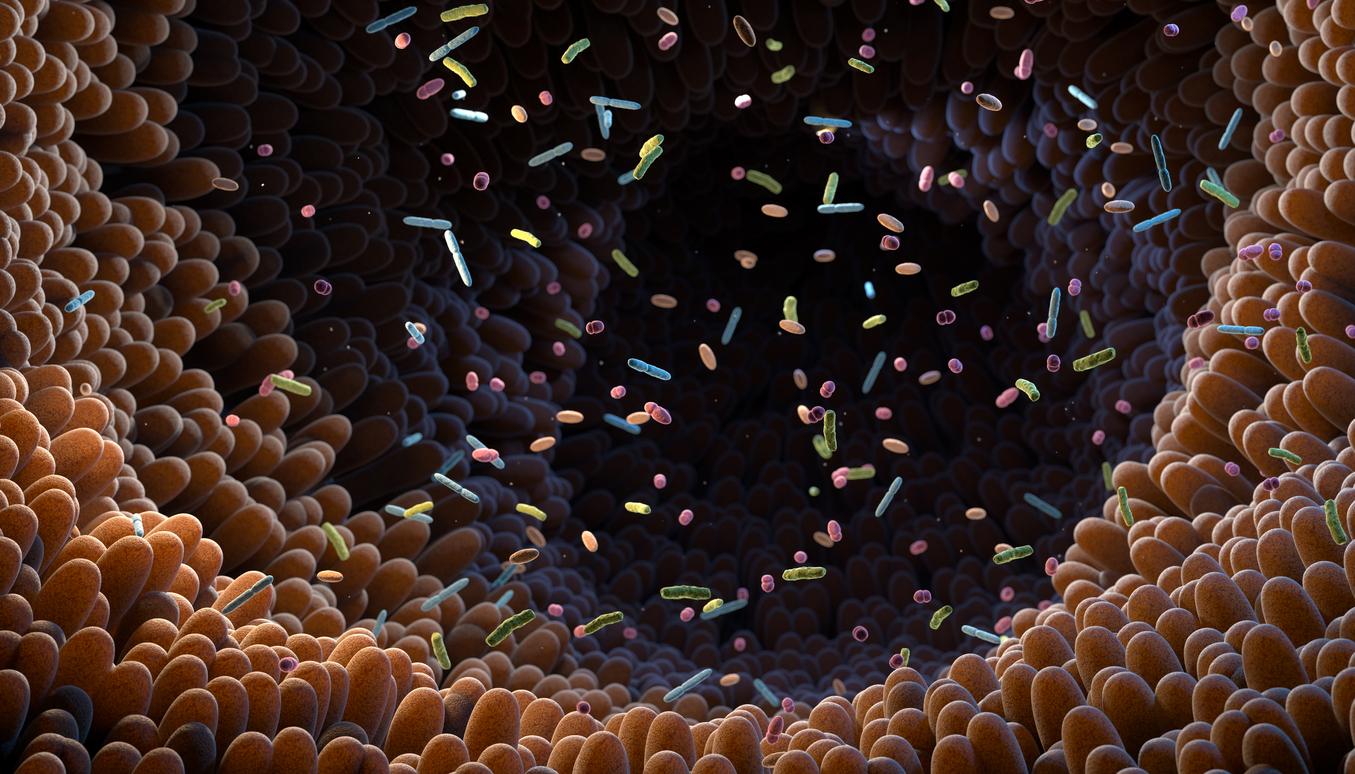People consuming the most ultra-processed foods display accelerated biological aging compared to others, according to a study based on 22,000 participants. The cause, in particular, is a disturbed intestinal microbiota.

- By analyzing data from more than 22,000 participants, researchers discovered that people who eat a lot of ultra-processed foods – rich in additives, sugars and saturated fats – show more advanced biological aging than their actual age.
- This can “disrupt glucose metabolism and the composition of the gut microbiota, two key components of our general health and aging.”
- The researchers add that the plastic packaging of these products can contaminate them with toxic substances, further increasing their harmful potential for the body.
They make us age faster. A team of researchers from IRCCS Neuromed in Pozzilli, Italy, has just confirmed a worrying link between the consumption of ultra-processed foods and the acceleration of biological aging. Unlike chronological aging, marked by our calendar age, biological aging reflects the actual state of health of our organs and tissues. This study, based on more than 22,000 participants, shows that people consuming a lot of ultra-processed foods are biologically older than their chronological age, regardless of the nutritional quality of the overall diet.
What do we mean by “ultra-processed foods”?
Ultra-processed foods are not limited to sugary drinks or industrial snacks. They also include more discreet products, such as packaged breads, flavored yogurts or certain meat substitutes. These foods often contain ingredients rarely used in cooking, such as hydrolyzed proteins, sweeteners or hydrogenated fats, and are rich in additives – colorings, preservatives, and other chemical agents.
Using a detailed questionnaire, the researchers assessed the frequency of consumption of this type of food by the participants and used more than thirty blood biomarkers to measure their biological age. The results, published in The American Journal of Clinical Nutritionshow an obvious correlation: individuals consuming the most ultra-processed foods exhibit accelerated biological aging. In other words, they look older than their years.
A disruption of the intestinal microbiota
Although the harmful effects of ultra-processed foods on health are recognized, their mechanisms of action still remain unclear. According to Marialaura Bonaccio, epidemiologist at IRCCS Neuromed, these products, often rich in sugars, salts and saturated fats, undergo intensive industrial processes which modify their nutritional matrix, leading to a loss of essential nutrients and fiber. “These alterations can disrupt glucose metabolism and the composition of the intestinal microbiota, two key elements of our general health and aging”she explains in a press release.
Bonaccio adds that the plastic packaging of these products can contaminate them with toxic substances, further increasing their harmful potential for the body.
This study, according to Licia Iacoviello, director of the epidemiology and prevention research unit at IRCCS Neuromed, calls for a rethinking of current nutritional recommendations, to include advice aimed at limiting the consumption of ultra-processed foods. Or at least, to choose them better, because certain foods classified as ultra-processed, but less processed than others, can be “rich in nutrients”she emphasizes. To promote health, it would therefore be wise to guide consumers towards food choices that also take into account the degree of processing.

















